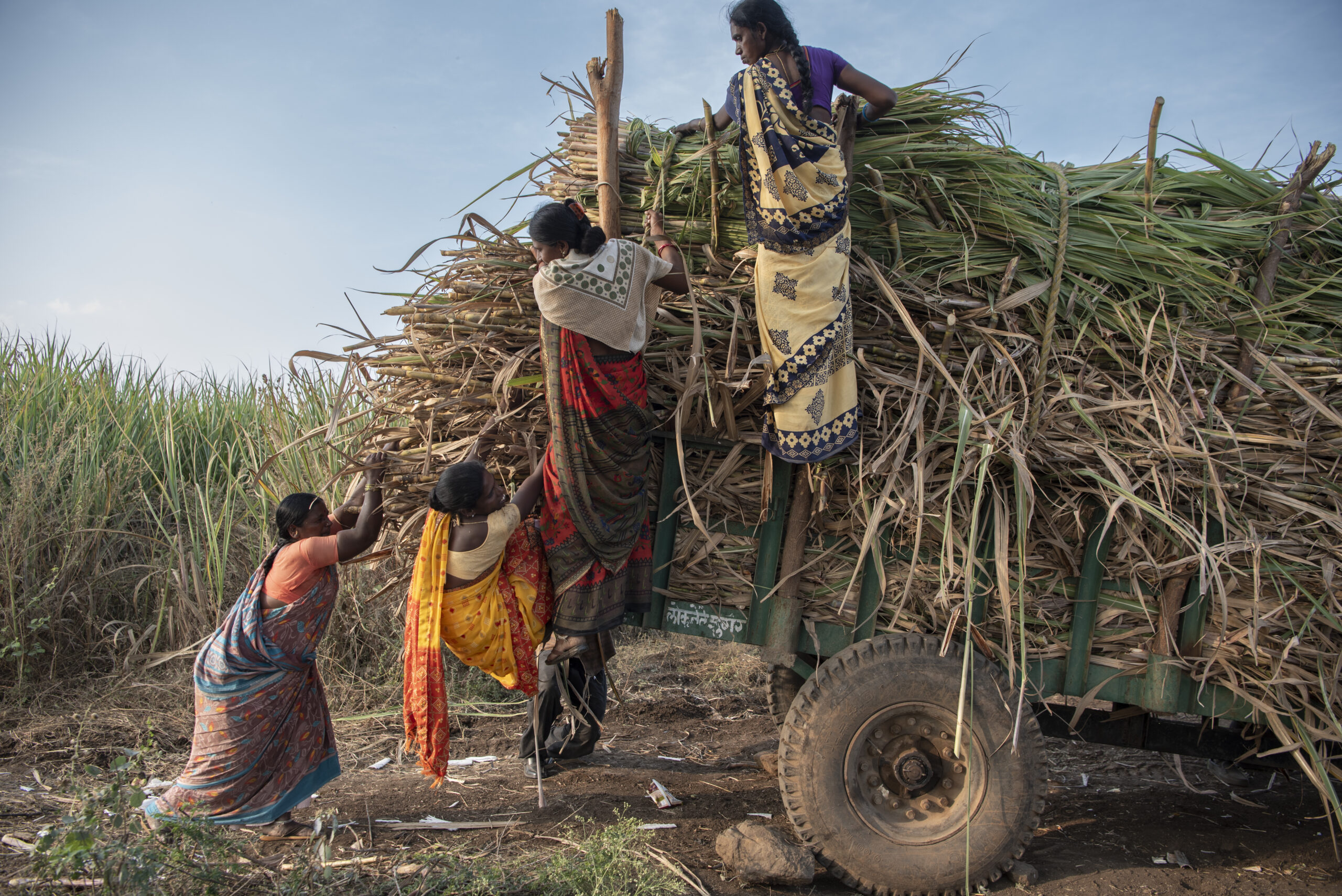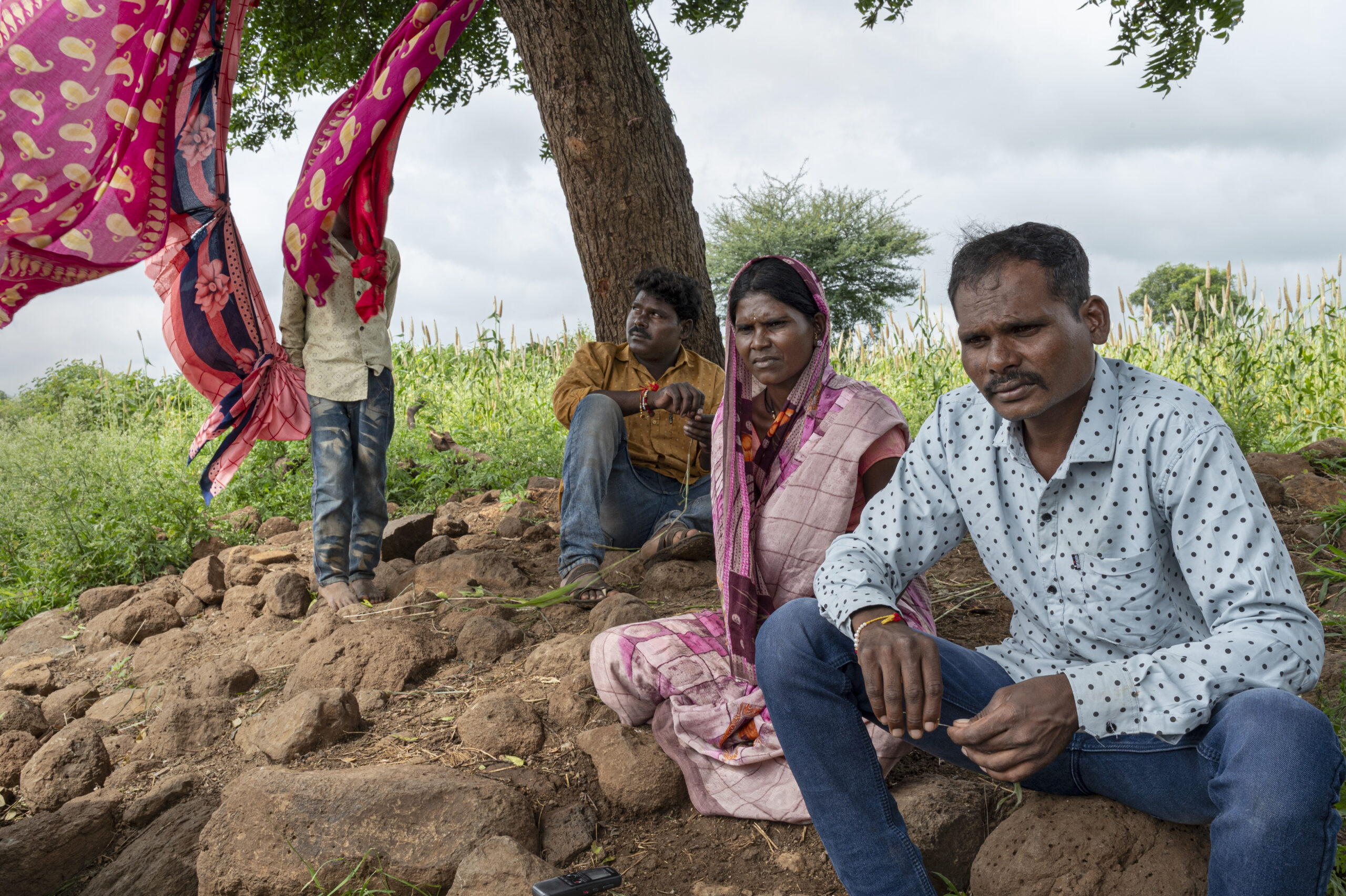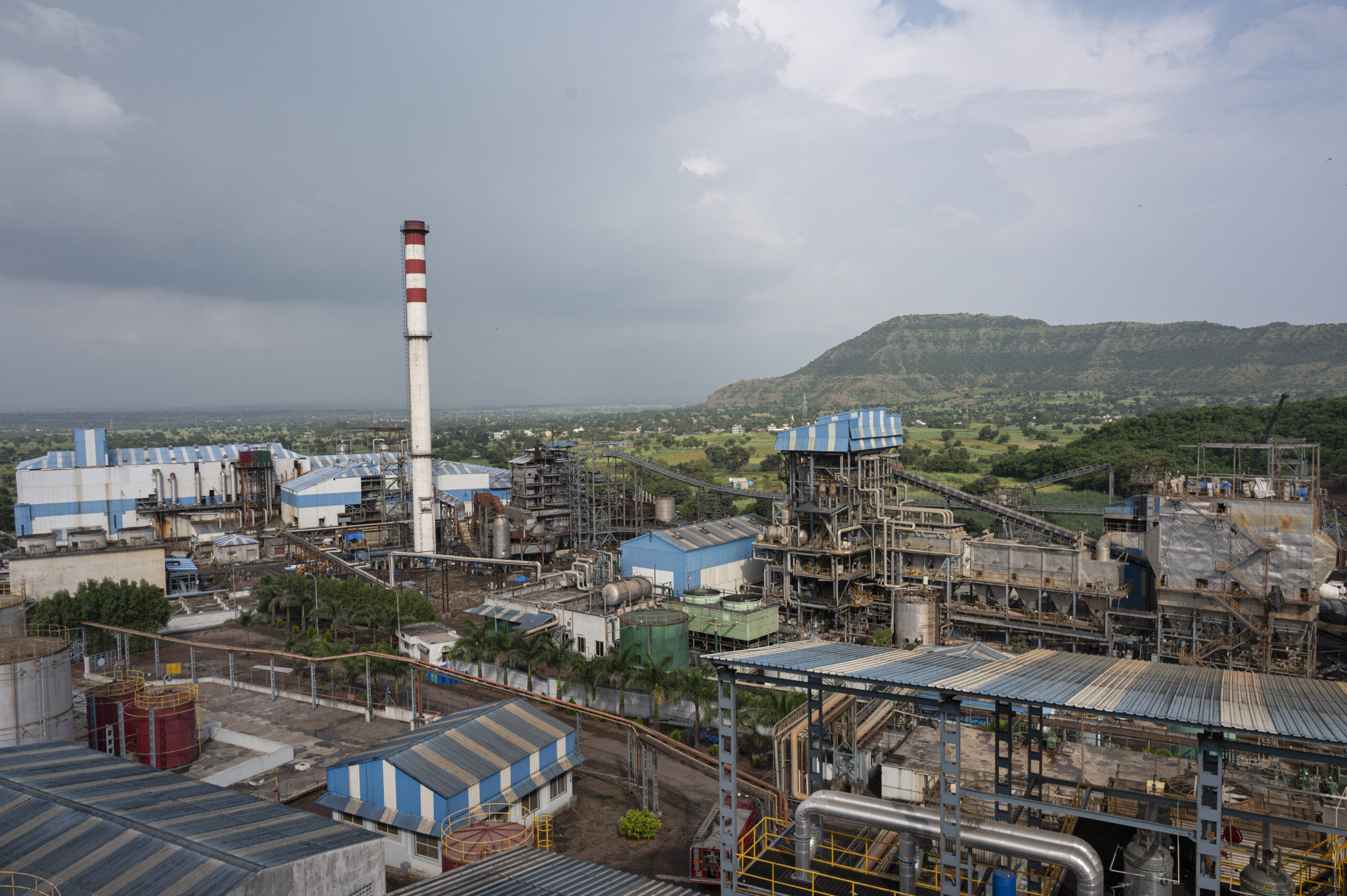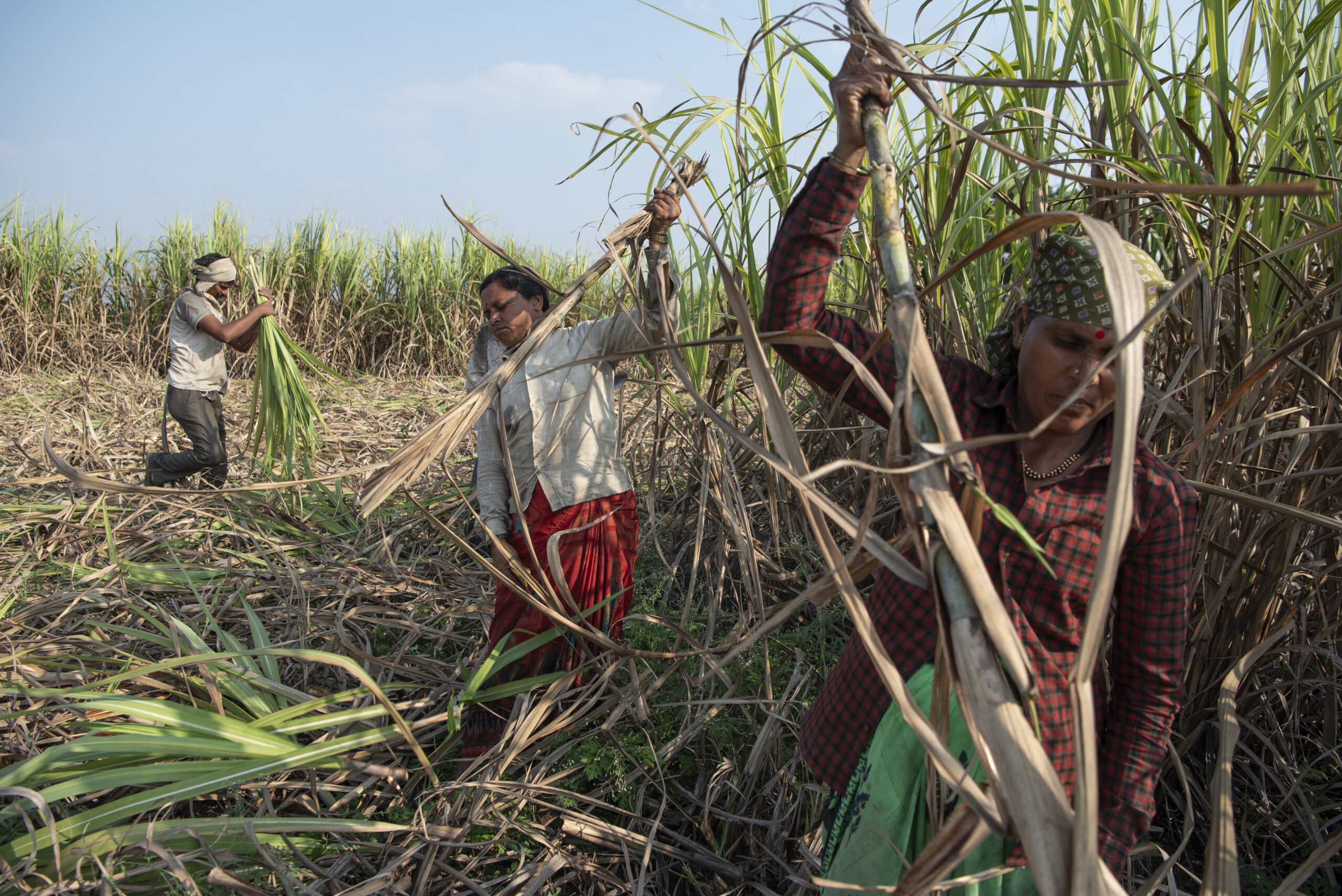It’s nearly two years since I first traveled to Beed in the western Indian state of Maharashtra to learn more about why rural women were having hysterectomies in such large numbers. The region is known for its sugar cane farms and every year, large numbers of migrant workers from Beed travel across the state to harvest sugar — a physically demanding job that they must do in intense heat and with very limited access to clean water and sanitation.
India is the world’s second-largest sugar producer, and the state of Maharashtra alone accounts for about a third of that production. Sugar sourced from Maharashtra is supplied to major multinational companies including Coca-Cola, PepsiCo and Cadbury owner Mondelez.
Many more reporting trips to the area followed, but it was on that first visit that I met the man who made me determined to tell the story of how young women are undergoing hysterectomies in large numbers so they can work uninterrupted by pregnancy or painful periods.
Ashok Tangade, a labor rights activist who has worked with the sugar-cane cutters in Maharashtra for decades, described the harrowing conditions in which migrant women work for as little as $5 a day, carrying heavy sugar-cane bundles on their heads to load them in trucks under the scorching sun. The conversation made me think about the exploitation of workers in the sugar supply chain and the blatant lack of accountability. Tangade’s words stayed with me through my reporting: “The sugar in your tea and coffee is nothing but the blood of these women.”
I also met Suman Awadh, a migrant worker in her 40s who has returned to the sugar-cane fields every year since she was 14 to work 16-hour days for six months at a time. Suman told me she had not taken a single day off, even when she was pregnant. She gave birth to her son under a tree in the field as the moonlight shone above. At 21, she underwent a hysterectomy on doctors’ advice after suffering repeated infections brought on by the unsanitary conditions. The surgery allowed her to keep working uninterrupted by pregnancy or painful periods. But it only made her health worse.
Moved by her story, and by Ashok Tangade’s words, my resolve to investigate this complex story grew stronger. As a man and as an outsider who did not speak the local language, fostering a sense of trust took time and regular reporting trips. I worked alongside New York Times international investigative correspondent Megha Rajagopalan, and together we forged a relationship of trust with the women. Another challenge was accessing the sugar suppliers – getting them to speak to us took months of work.
That work is already starting to have an impact. PepsiCo described the conditions of sugar-cane cutters as “deeply concerning” and said it would work with its franchisee partners to conduct an assessment and take any action needed. Mondelez said it is “deeply concerned” and will investigate.
During my final visit to Beed, where many of the women are from, I met with some of them in the small village of Aaranwadi, known for its folk singers. At the end of our discussion, the participants brought out a harmonium and started singing songs of revolution and freedom in the local Marathi language. The songs were inspired by the ideas of Bhimrao Ramji Ambedkar, the architect of the Indian constitution, who dedicated his life to fighting discrimination on the basis of caste – India’s ancient system of social hierarchy. The room reverberated as men, women and children sang in unison. As I prepared to leave, they asked me to promise that I would tell their story to the world. And that is what I did. You can read our investigation, produced in collaboration with The New York Times, here.
related coverage


To Quit Their Jobs, Sugar Workers Risk Kidnapping, Assault and Murder

Why Politicians Ignore Abuses in India’s Sugar Industry: They Run It




